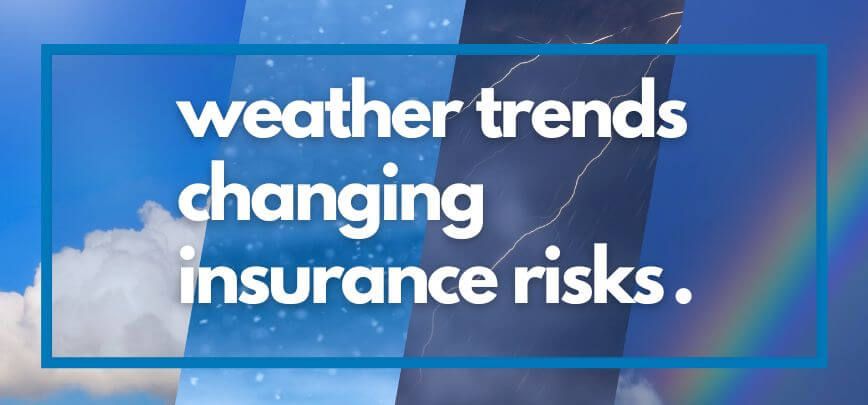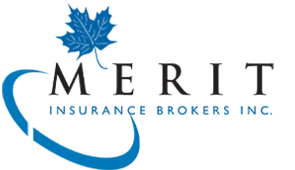
How Weather Trends Are Changing Insurance Risks
At Merit Insurance, we talk a lot about protecting what matters most. But what happens when the risks themselves start to shift?
That’s precisely what we’re seeing with the weather. It’s no secret that storms are getting stronger, floods are becoming more frequent, and wildfire seasons are stretching longer. These trends aren’t just headline news—they’re changing how we think about insurance and how we help clients protect their homes, businesses, and livelihoods.
So, let’s look at how today’s weather patterns are reshaping tomorrow’s insurance risks—and what that means for you.
The New Normal: More Extreme, Less Predictable
From once-in-a-decade floods to back-to-back windstorms, extreme weather is no longer the exception. It’s becoming the norm. And with each event, insurers see more claims—often for higher amounts.
For homeowners, this could mean unexpected repairs, temporary relocation, or replacing significant systems like roofing or HVAC. It might mean property damage, supply chain disruptions, or income loss from downtime for business owners.
The big shift? Many traditional policies weren’t built with today’s climate in mind. Gaps in coverage are more common than people think—and often discovered too late.
Flooding Where You Least Expect It
If you’ve always thought, “We’re not in a flood zone, we’re fine,” it might be time to take a second look. Urban developments, aging drainage systems, and increasingly intense rainfalls combine to create surprise flood risks in places that never used to worry about.
Overland water coverage—which protects against flooding caused by heavy rain and spring melt—is one of the most overlooked add-ons. Although it’s not standard in most policies, it’s becoming more essential yearly.
The Wildfire Ripple Effect
Wildfires used to be a rural concern. Not anymore. As fire seasons expand and smoke travels farther, even businesses and homes hundreds of kilometers away are feeling the effects—whether it’s air quality concerns, HVAC damage, or evacuation orders.
And while you may not think wildfire damage applies to your location, insurers are already starting to factor these risks into their models, which can affect coverage eligibility and pricing.
Rising Claims, Rising Costs
More claims mean higher costs—not just in terms of premiums but also in how insurance is structured.
Some providers raise deductibles, narrow coverages, or adjust underwriting in high-risk areas. That’s why it’s more important than ever to have a broker who monitors your complete insurance picture, not just one policy at a time.
At Merit, we believe in proactiveness. We help our clients review their coverages regularly, identify potential blind spots, and consider bundling options to save money while improving protection. (This is also how we make intelligent cross-coverage recommendations that work better together.)
What You Can Do
The best defense is preparation. That might mean:
- Installing a sump pump or backflow valve
- Creating a disaster response plan for your business
- Reinforcing your roof or sealing basement cracks
- Reviewing all your insurance policies—yes, even the “boring” ones.
Little steps today can make a huge difference when the unexpected happens.
Weather isn’t what it used to be—and neither is risk. But with the proper insight and a strong insurance partner, you don’t have to face it alone.
If you’re wondering whether your current coverage is keeping up with the times, we’re here to help. Let’s have a conversation, review your policies, and ensure you’re protected against tomorrow’s risks—not just the ones we grew up with.



